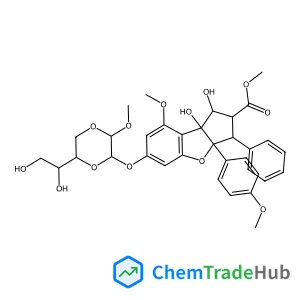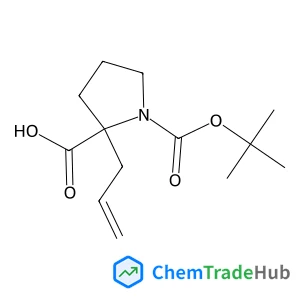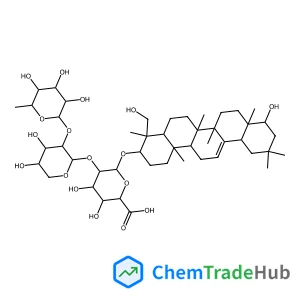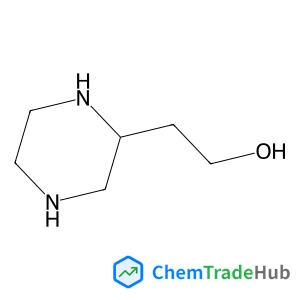Boronic acid liposomes for cellular delivery and content release driven by carbohydrate binding‡
文献信息
Xiaoyu Zhang, Daiane S. Alves, Jinchao Lou, Shelby D. Hill, Francisco N. Barrera, Michael D. Best
Boronic acid liposomes enable triggered content release and cell delivery driven by carbohydrate binding. Dye release assays using hydrophilic and hydrophobic fluorophores validate dose-dependent release upon carbohydrate treatment. Microscopy results indicate dramatic enhancements in cell delivery, showcasing the prospects of boronic acid lipids for drug delivery.
相关文献
IF 6.367
Transition-metal-free insertion reactions of alkynes into the C–N σ-bonds of imides: synthesis of substituted enamides or chromonesIF 6.222
Co9S8 integrated into nitrogen/sulfur dual-doped carbon nanofibers as an efficient oxygen bifunctional electrocatalyst for Zn–air batteriesIF 6.367
Front coverIF 6.843
Biomimetic hydrogels designed for cartilage tissue engineeringIF 6.843
Surface structure-dependent electrocatalytic reduction of CO2 to C1 products on SnO2 catalystsIF 6.367
Engineering of electrodeposited binder-free organic-nickel hydroxide based nanohybrids for energy storage and electrocatalytic alkaline water splittingIF 6.367
Milk exosomes with enhanced mucus penetrability for oral delivery of siRNAIF 6.843
Small size yet big action: a simple sulfate anion templated a discrete 78-nuclearity silver sulfur nanocluster with a multishell structureIF 6.222
Nickel-containing N-doped carbon as effective electrocatalysts for the reduction of CO2 to CO in a continuous-flow electrolyzerIF 6.367
来源期刊
Chemical Communications
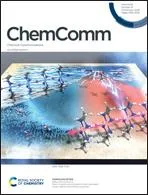
ChemComm publishes urgent research which is of outstanding significance and interest to experts in the field, while also appealing to the journal’s broad chemistry readership. Our communication format is ideally suited to short, urgent studies that are of such importance that they require accelerated publication. Our scope covers all topics in chemistry, and research at the interface of chemistry and other disciplines (such as materials science, nanoscience, physics, engineering and biology) where there is a significant novelty in the chemistry aspects. Major topic areas covered include: Analytical Chemistry Catalysis Chemical Biology and medicinal chemistry Computational Chemistry and Machine Learning Energy and sustainable chemistry Environmental Chemistry Green Chemistry Inorganic Chemistry Materials Chemistry Nanoscience Organic Chemistry Physical Chemistry Polymer Chemistry Supramolecular Chemistry
推荐供应商
 南通亿迅化工有限公司
南通亿迅化工有限公司 衢州市邦成化工有限公司
衢州市邦成化工有限公司 TOPLAB GmbH
TOPLAB GmbH 萨尔茨堡比尔芬格工业技术有限公司
萨尔茨堡比尔芬格工业技术有限公司 东莞至诚密封有限公司
东莞至诚密封有限公司 深圳市诚峰智造有限公司
深圳市诚峰智造有限公司 兰溪永丰机械有限公司
兰溪永丰机械有限公司 通用化学有限公司
通用化学有限公司 KIMAESA AG
KIMAESA AG










